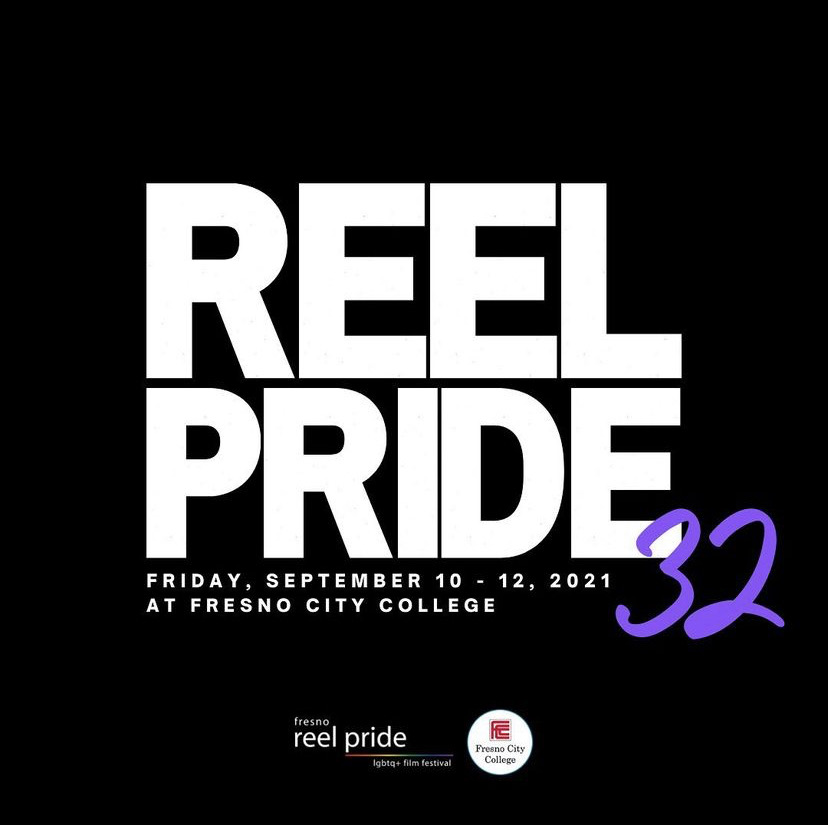Tyler Perry, known for his controversial portrayal of African American stereotypes in his Madea franchise, is moving back to his alternative writing and directing style. “Good Deeds” is a romantic drama involving the seemingly simple life of Wesley Deeds and the fundamental life choices he eventually has to make. The basic elements for storytelling are present. However, the narrative-laced dialogue that permeates the story is both unrealistic and distracting.
Deeds, the film’s protagonist, is the president of a San Franciscan financial firm. Deeds, played by Tyler Perry, was groomed by his parents to take over his father’s company. Through his privileged childhood and his own hard work, Deeds became a successful, organized, and highly educated president of the company.
Wesley Deeds is kind hearted, is engaged to be married and lives a good life. However, when Deeds crosses paths with a down-on-her-luck janitor working for his company, he soon discovers a new purpose in life.
Wesley’s brother, Walter, acts out in stark contrast to Wesley. Throughout the film, Walter seemed excessively aggressive towards other characters. Even as a former drug addict, his behavior came across as poorly executed. Using obvious extremes to convey messages to the audience is Tyler Perry’s greatest flaw. This laziness in storytelling continues throughout the picture.
This excessive control over what should make audiences feel angry or satisfied is only made worse by the film’s lackluster narrative. Like productions made for the stage or made for a television mini-series, most of the dialogue between characters needlessly conveys the context behind a situation to the audience.
I stopped counting how many instances Perry used to narrate the story through character dialogue. Perry fails to challenge moviegoers when he needlessly frames e story through this method. There are no surprises, only fulfilled expectations.
On a different note, scenes containing financial dialogue came across as overly generic. The language took away from the believability of Wesley Deeds’ position as president. Phrases like “things are looking up”, “I’ve taken a look at your numbers” and “those numbers look good” came out of the financial head’s mouth on multiple occasions.
Undoubtedly, fans of Perry’s romantic works will regard “Good Deeds” as something of a bull’s-eye. For most moviegoers however, this film will come across as a predictable, sub-par dramatic romance that falls far short of the value of a dollar. Interested parties would do well to steer clear of the theatrical release. Consider giving Deeds your time in another two years or so; once it reaches deep cable television and little else is worth watching.











